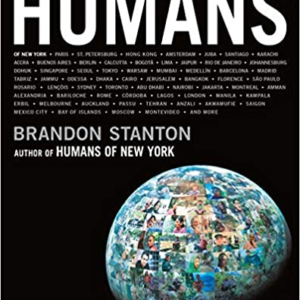Seeing Red: Indigenous Land, American Expansion, and the Political Economy of Plunder in North America (Published by the Omohundro Institute of Early … and the University of North Carolina Press) Hardcover – February 22, 2022 by Michael John Witgen
Hardcover
[384 Pages]
PUB:February 22, 2022
Description
Author: Witgen Michael John
Package Dimensions: 0x235x788
Number Of Pages: 384
Release Date: 22-02-2022
Details: Product Description
Against long odds, the Anishinaabeg resisted removal, retaining thousands of acres of their homeland in what is now Michigan, Wisconsin, and Minnesota. Their success rested partly on their roles as sellers of natural resources and buyers of trade goods, which made them key players in the political economy of plunder that drove white settlement and U.S. development in the Old Northwest. But, as Michael Witgen demonstrates, the credit for Native persistence rested with the Anishinaabeg themselves. Outnumbering white settlers well into the nineteenth century, they leveraged their political savvy to advance a dual citizenship that enabled mixed-race tribal members to lay claim to a place in U.S. civil society. Telling the stories of mixed-race traders and missionaries, tribal leaders and territorial governors, Witgen challenges our assumptions about the inevitability of U.S. expansion.
Deeply researched and passionately written,
Seeing Red will command attention from readers who are invested in the enduring issues of equality, equity, and national belonging at its core.
Review
[A] searing account. . . . [Witgen’s] incisive and deeply researched study lays bare the mechanisms of this historical land grab.” —
Publishers Weekly
Review
Seeing Red is ablaze with astonishing stories, piercing insights, and riveting prose. Weaving together a fascinating tapestry of multiracial and multinational interaction, Witgen reveals how seemingly familiar events and processes were bound up in a ‘political economy of plunder’ that forced Indigenous peoples into exploitative colonial arrangements and expelled African Americans from the possibilities of citizenship. A powerful analysis of dispossession.”—Tiya Miles, Harvard University
About the Author
Michael John Witgen (Red Cliff Band of Lake Superior Ojibwe) is professor in the Department of History and the Center for the Study of Race and Ethnicity at Columbia University.
Be the first to review “Seeing Red: Indigenous Land, American Expansion, and the Political Economy of Plunder in North America (Published by the Omohundro Institute of Early … and the University of North Carolina Press) Hardcover – February 22, 2022 by Michael John Witgen”
You must be <a href="https://webdelico.com/my-account/">logged in</a> to post a review.































There are no reviews yet.